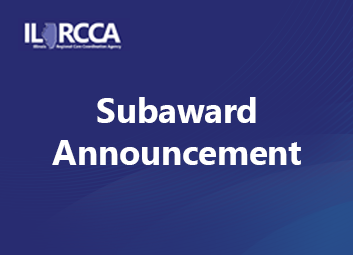
In 2022, more than 3,000 Illinoisans died of opioid overdose.1
To hold companies responsible for their roles in the opioid crisis, the Illinois Attorney General has engaged in multiple investigations, lawsuits, and settlements with opioid manufacturers, distributors, and chain pharmacies. The funds from the settlements will support recovery in communities hardest hit by the opioid crisis and throughout the state.2
